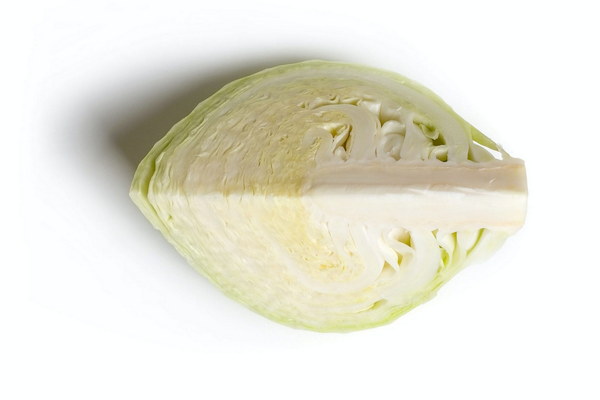Unveiling the Best Practices for Strengthening and Nurturing Your Kidneys
In the pursuit of a healthy life, many people often overlook the importance of kidney health. However, maintaining strong and healthy kidneys is crucial for overall well-being. In this article, we will explore the best methods to strengthen and nurture your kidneys, ensuring they function optimally throughout your life.
1. Hydration: The foundation of kidney health
Staying hydrated is essential for maintaining kidney function. Drinking plenty of water throughout the day helps flush out waste products and toxins from the kidneys, preventing the formation of kidney stones and reducing the risk of kidney disease. Aim to consume at least 8 to 10 glasses of water daily.
2. Balanced Diet: Nourish your kidneys with nutrient-rich foods
A balanced diet rich in essential nutrients can help strengthen your kidneys. Incorporate the following foods into your daily meals:
- Leafy greens: Spinach, kale, and Swiss chard are high in nitrates, which can improve kidney function.
- Berries: Blueberries, strawberries, and raspberries are packed with antioxidants that protect kidney cells.
- Almonds: These nuts are an excellent source of magnesium, which helps reduce the risk of kidney disease.
- Garlic: Garlic contains compounds that can help lower blood pressure and reduce kidney inflammation.
- Green tea: This beverage is rich in antioxidants and may help protect against kidney damage.
3. Regular Exercise: Keep your kidneys active

Regular physical activity is beneficial for maintaining kidney health. Exercise can help control blood pressure, reduce the risk of diabetes, and improve overall cardiovascular health, all of which are crucial for kidney function. Aim for at least 150 minutes of moderate-intensity aerobic exercise or 75 minutes of vigorous-intensity aerobic exercise per week.
4. Limit Salt Intake: Protect your kidneys from high blood pressure
High salt intake can lead to high blood pressure, which is a significant risk factor for kidney disease. Limit your daily salt intake to no more than 2,300 milligrams and aim for less than 1,500 milligrams if you have hypertension, diabetes, or kidney disease.
5. Avoid Smoking and Limit Alcohol Consumption: Reduce kidney damage
Smoking and excessive alcohol consumption can harm your kidneys. Smoking increases the risk of chronic kidney disease, while excessive alcohol consumption can lead to acute kidney injury and chronic kidney disease. If you smoke, quit, and if you drink alcohol, do so in moderation.
6. Manage Chronic Conditions: Keep your kidneys healthy
Chronic conditions such as diabetes, high blood pressure, and heart disease can all affect kidney health. Managing these conditions through medication, diet, and lifestyle changes is crucial for preventing kidney damage. Regular check-ups with your healthcare provider can help you monitor and manage your condition effectively.
7. Stress Management: Reduce stress to protect your kidneys
Chronic stress can contribute to the development of kidney disease. Engaging in stress-reducing activities such as meditation, yoga, and deep breathing exercises can help keep your kidneys healthy.
In conclusion, maintaining strong and healthy kidneys is essential for overall well-being. By following these best practices, you can ensure that your kidneys function optimally throughout your life. Remember to stay hydrated, consume a balanced diet, exercise regularly, limit salt and alcohol intake, manage chronic conditions, and reduce stress to keep your kidneys in top shape.









